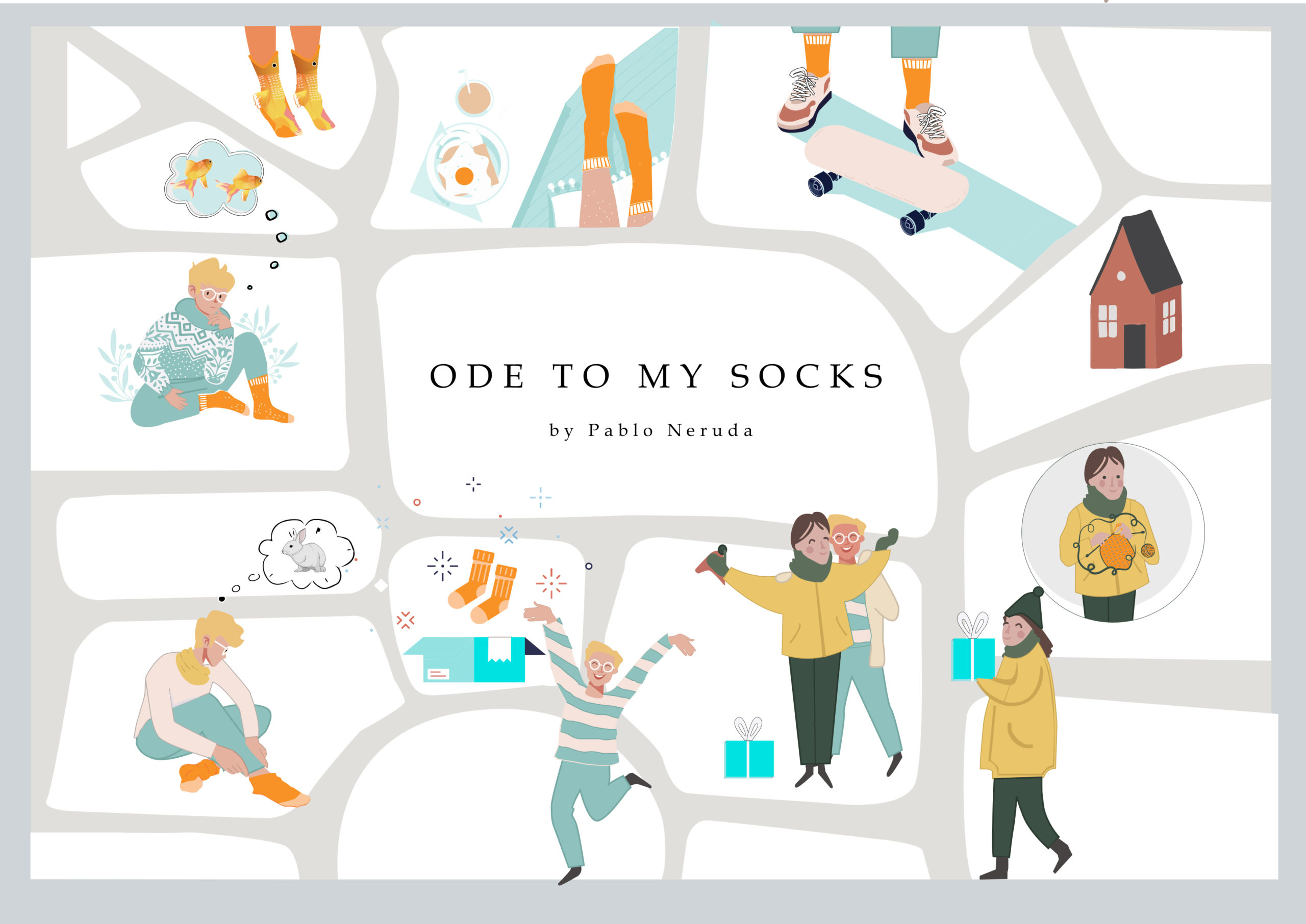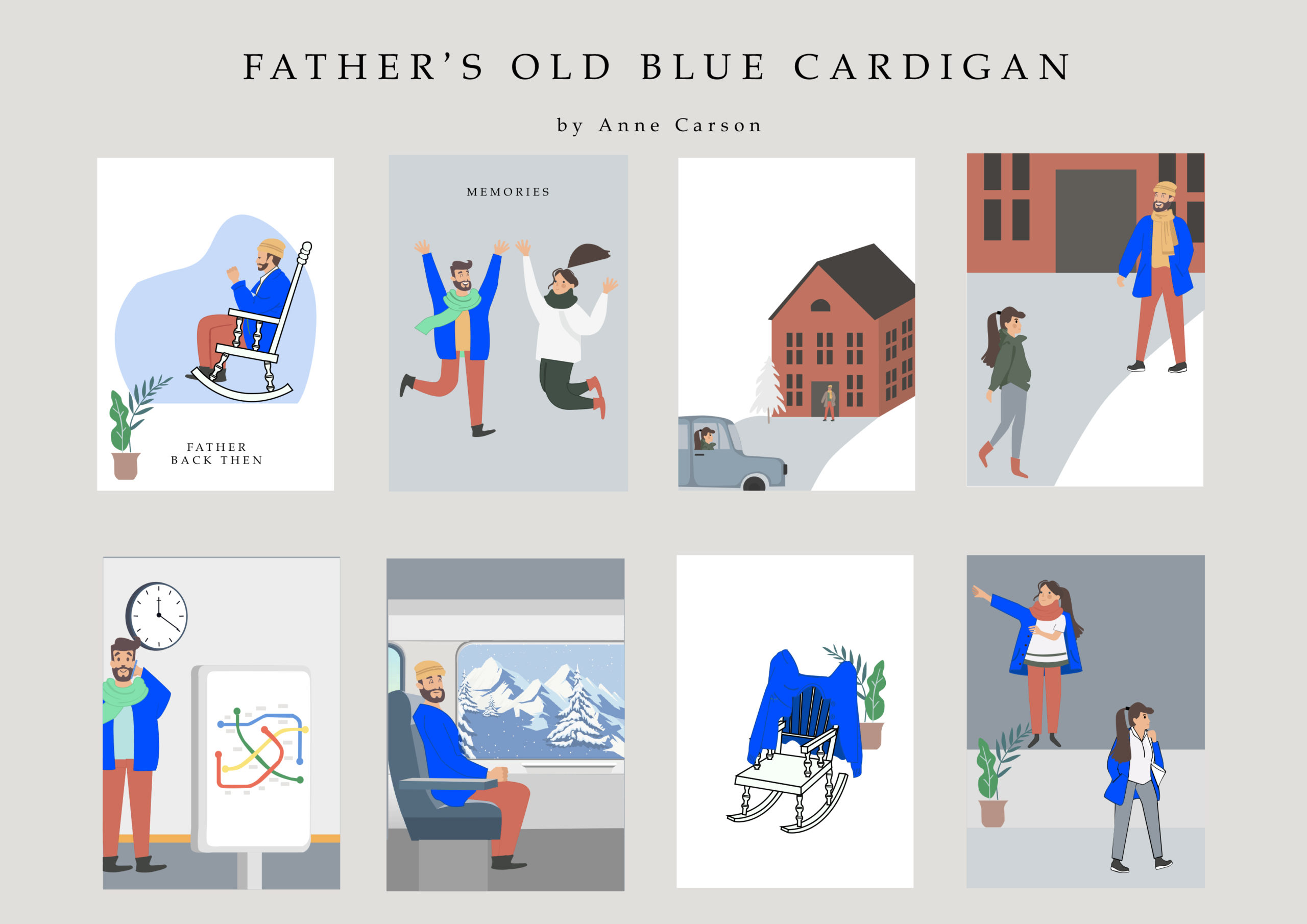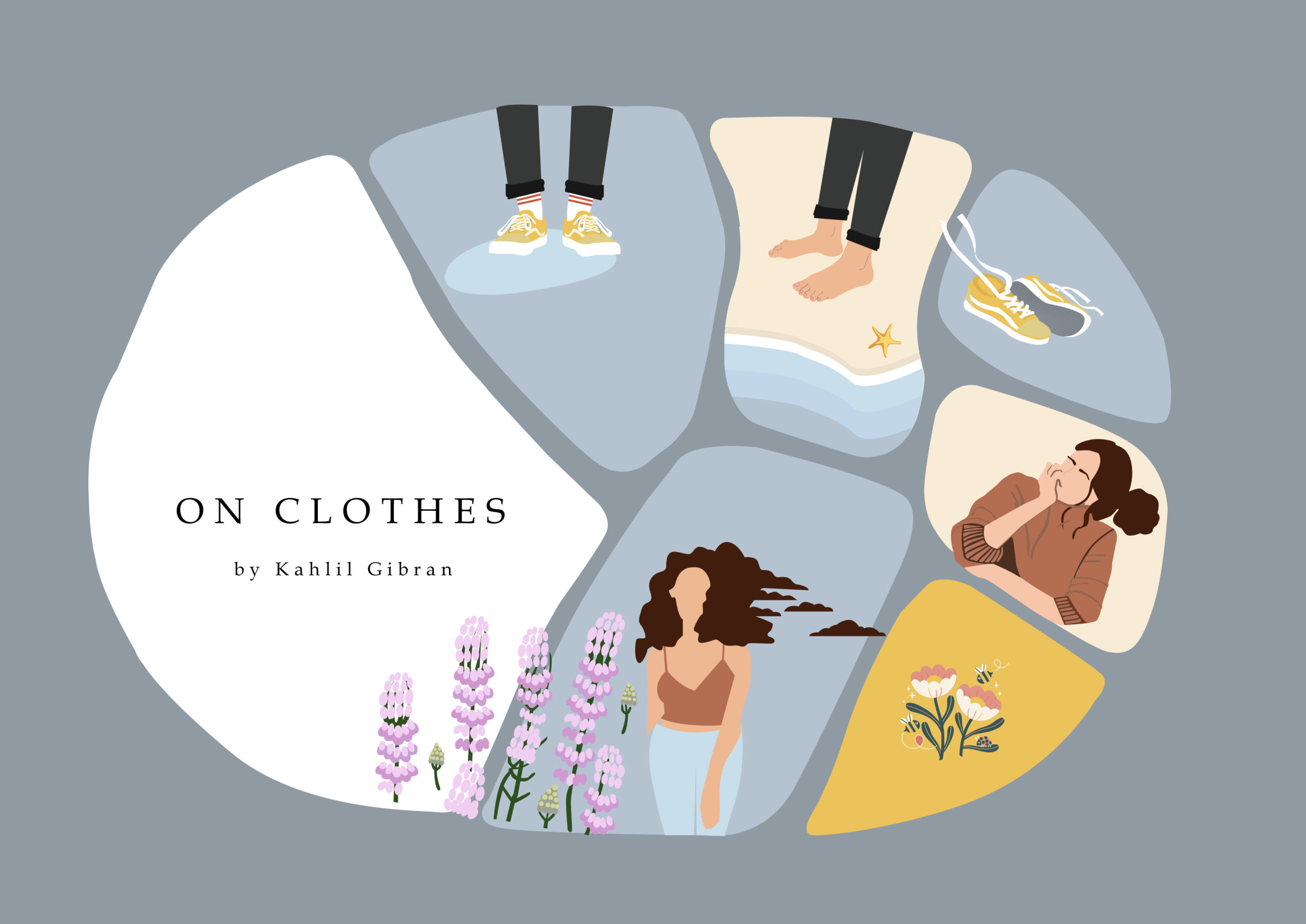To Unveil The Mystery Of Why We Treasure Them.
Have you ever felt like…
There was a dress you would never throw away. Have you ever found a T-shirt at the back of your closet that you forgot about and it instantly transported to another place, another time?
Have you ever experienced that there is something deeper to clothes than the physical materials they are made of but you couldn't put your finger on it?
Well, there are a few things so adept at describing the human experience better than poetry. And these three poems about clothes will help you understand why they are so dear to you.

Ode to My Socks
- Pablo Neruda
The socks in poems are more than socks, they are comfort, warmth and safety. Neruda being a seminal Latin American figure conveys this comfort and warmth through the fantastical imagery of magical realism. You see the socks as fishes made of wool and slipping your feet into them feels like slipping your feet into soft fluffy rabbits.
As for the message of the poem we don't have to scratch our heads because Neruda himself tells us the meaning. He warns us to not succumb to the urge of putting pretty things in glass cases. Letting them waste away. Like trapping a bird in a cage and giving it birdseed.
After all, the reason you will never throw that dress away is that you wore it and filled it with memories. Made it yours. “Beauty is twice beauty” when it is useful, like a pair of warm “socks made of wool in winter”.

Father’s Old Blue Cardigan
- Anne Carson
In the previous poem, the socks were precious to the poet because they were made and given to the poet with love by a loved one. In this poem, Carson treasures the blue cardigan because it belonged to a loved one. Her Father. It is a token of remembrance. A path down memory lane. Which leads to the past. A time before things were lost.
Another thing that the poem reveals to us. The non-tangible element that makes up a piece of clothing, is that clothes are a code, a language, a way to communicate that doesn’t require words.
Her father doesn’t need to tell the poet he is suffering mentally. She understands this when she sees him wearing the cardigan meant for winter, on a hot summer afternoon.

On Clothes
- Kahlil Gibran
Clothes were meant to communicate, for safety, for self-expression. In this poem, Gibran warns against the misuse of clothes. We must not under the guise of modesty and privacy restrain people's freedom.
Yuval Noah Harari says, “Biology enables, Culture forbids”. Here, the poet uses clothes as a tool to unveil the hypocrisies in society. We wear sweaters in winter for protection against the cold, not to hide the beauty of the human body.
We dress according to our culture and what we wear should bring us closer to one another and not alienate us from each other. We create clothes so we can live with nature, not hide from it. A raincoat should help us enjoy the rain without getting drenched and falling ill.
You must not forget “the earth delights to feel your bare feet and the winds long to play with your hair.”
Simple things, like the clothes we wear, when dignified with labours of life and used for enriching our being and communicating love, have an eternal poetry to them.
